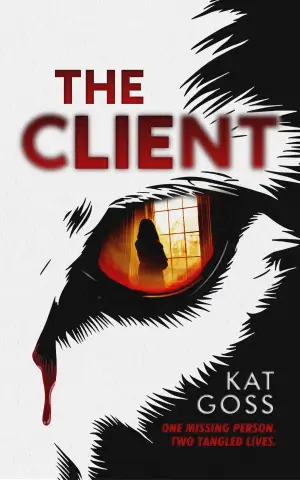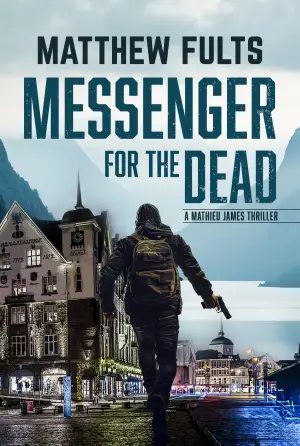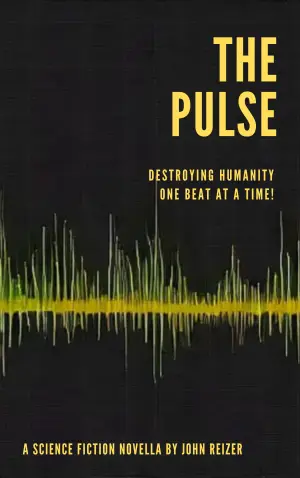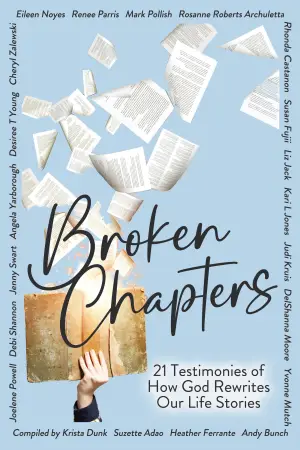A Journey Through Darkness: A Review of Night Watch by Jayne Anne Phillips
There’s something haunting about the promise of a Pulitzer Prize-winning novel, a whisper of depth and complexity that beckons the reader. Jayne Anne Phillips’ Night Watch did just that for me. From the moment I read the description, I was drawn in by the story of a mother and daughter navigating the chaotic aftermath of the Civil War, a time of upheaval that still resonates with our present. This vivid narrative became more than just a reading experience; it struck a personal chord, reflecting the resilience of the human spirit in the face of trauma and instability.
At its core, Night Watch is a tale of survival, wrapped in the poignant voices of its primary characters: twelve-year-old ConaLee and her mother, Eliza. Their journey to the Trans-Allegheny Lunatic Asylum is fraught with emotional weight. Eliza, who has not spoken in over a year, reflects the collective silence of a nation reeling from war. Phillips masterfully intertwines the personal with the historical, using the backdrop of post-war America to explore themes of identity, loss, and healing.
As ConaLee navigates her complicated reality—playing the role of her mother’s maid, dealing with the spectral presence of her father who never returned from the war—her voice emerges as both childlike and ancient. Phillips captures ConaLee’s burdens with a raw authenticity that made me reflect on my own childhood experiences of care and responsibility. The stark contrasts between ConaLee’s innocence and the brutal realities around her create an emotional intimacy that is both engaging and heart-wrenching.
The writing style in Night Watch is a unique tapestry of lyrical prose and fragmented timelines. Phillips employs a stream-of-consciousness technique that, while sometimes jarring, immerses you fully in the chaotic lives of her characters. It’s this very style that evokes the confusion and tumult of the world they inhabit. I found myself highlighted, alongside other readers, by the beauty and brutality of the language used to deliver both tender and horrifically graphic moments. It’s a testament to Phillips’ skill that she can expose the shadows of humanity while also capturing its light.
One notable passage that lingered with me is when ConaLee reflects on their journey: “In the stillness of this world out of time, we learn to listen to the echoes of our own hearts.” It is this idea of listening—of finding agency amidst the chaos—that permeates every page of Night Watch. Similarly, the characterization of figures like the Night Watch, who embodies both sorrow and strength, struck a profound chord, reflecting the scars of war that shape their lives.
For those who appreciate stories that delve into historical trauma while showcasing the profound depths of human connection, Night Watch is a must-read. Whether you’re intrigued by narratives set in the nuanced shadows of American history or simply looking for a beautifully written story of familial endurance, Phillips’ work has something special to offer. In a time where debates over identity and belonging dominate our collective consciousness, this book serves as a reminder that the search for refuge—both personally and socially—remains as vital as ever.
I came away from Night Watch not just with a deeper understanding of a particular period in American history, but with a renewed appreciation for the strength of familial bonds and the resilience of the human spirit. For anyone willing to take this emotional journey, be prepared: the landscape might be dark, but the moments of light are worth the journey. This book has undoubtedly left its mark on my reading soul, and I can only hope it does the same for others.
You can find Night Watch (Pulitzer Prize Winner): A Novel here >>


















